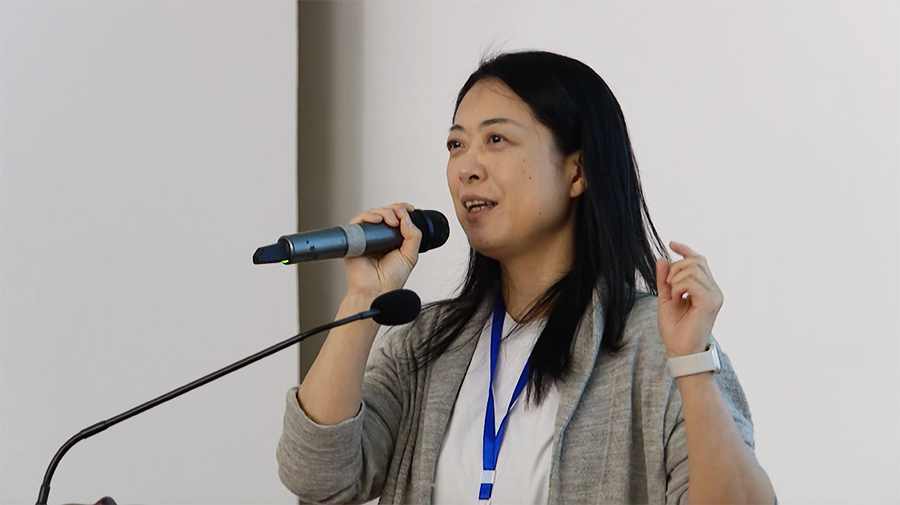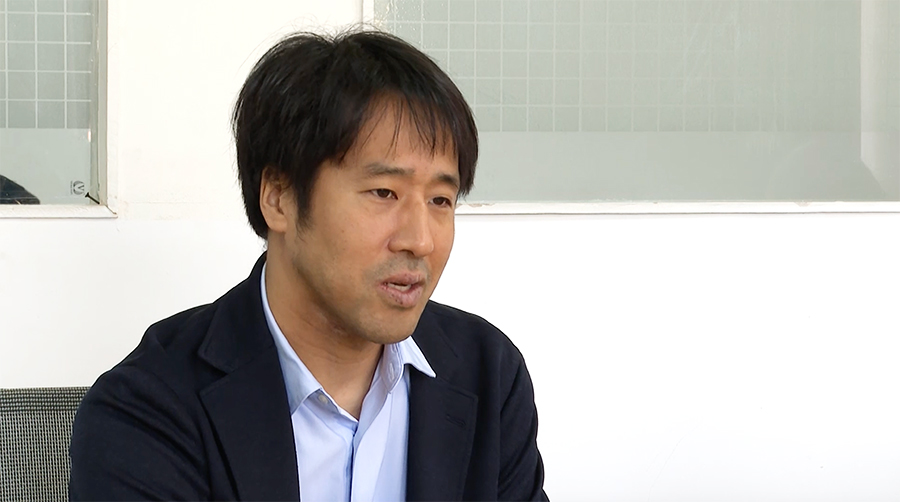 Sometimes, a simple tool, like a pen holder, can make a significant difference for individuals with disabilities. This is the focus of Bhutan’s first Assistive Technology Makeathon. The second edition, which began today in Thimphu, continues this mission by creating similar devices to support children and youth with disabilities.
Sometimes, a simple tool, like a pen holder, can make a significant difference for individuals with disabilities. This is the focus of Bhutan’s first Assistive Technology Makeathon. The second edition, which began today in Thimphu, continues this mission by creating similar devices to support children and youth with disabilities.
 13-year-old Mendrel Sherab Seldon, a student at Changangkha Middle Secondary School, was diagnosed with cerebral palsy. She participated in last year’s Makeathon event and is back this year as well.
13-year-old Mendrel Sherab Seldon, a student at Changangkha Middle Secondary School, was diagnosed with cerebral palsy. She participated in last year’s Makeathon event and is back this year as well.
According to her mother, an assistive technology developed and provided during last year’s event helped her daughter improve her ability to write.
Tshewang Choden said, “My daughter struggled to hold a pencil and write. After she joined the programme last year, she received a pen holder and she was able to write and colour. As a parent, it made me so happy to see how much it benefited her.”
Reports show that assistive technology is increasingly becoming recognised globally to help recover learning loss. However, awareness of the benefits and the diverse needs of the technology remains low in South Asia.
 Sonoko Hayashi, an international occupational therapist from Japan who also attended the first edition of the event, emphasised the need for Bhutan to adopt learning environments suitable for students with disabilities.
Sonoko Hayashi, an international occupational therapist from Japan who also attended the first edition of the event, emphasised the need for Bhutan to adopt learning environments suitable for students with disabilities.
“Personalising the environment is very important. Not only in home settings but the school environment and other working environments. For example, we can adjust the heights of the table or the heights of the chairs using very simple and small devices. So that it is very useful for them to adjust their personal environment,” said Sonoko Hayashi, the Director and Occupational Therapist at FabLabShinagawa, Japan
Like Sonoko, two other Japanese occupational therapists are helping the participants identify the best assistive devices that they can develop over the three-day event.
According to the Asian Development Bank, ADB which is one of the stakeholders of the programme, the makeathon will help bridge the learning gap, students with disabilities experienced during the pandemic. The ADB also said the assistive devices developed during this event will provide convenience for the students at an individual level.
 “During the school closure, students with disabilities had to go back to their homes and they didn’t have enough attention to support their learning experience. This makeathon is trying to come up with a very unique assistive device for the specific individual student with a disability, trying to improve their learning,” said Ryotaro Hayashi, a Social Sector Economist at ADB.
“During the school closure, students with disabilities had to go back to their homes and they didn’t have enough attention to support their learning experience. This makeathon is trying to come up with a very unique assistive device for the specific individual student with a disability, trying to improve their learning,” said Ryotaro Hayashi, a Social Sector Economist at ADB.
 The event aims to provide the potential of 3D printing in creating assistive devices, raise awareness among key stakeholders, and promote open-platform sharing through the Fab Lab Network in Bhutan and beyond. The assistive devices produced this time will be documented and shared through an open website.
The event aims to provide the potential of 3D printing in creating assistive devices, raise awareness among key stakeholders, and promote open-platform sharing through the Fab Lab Network in Bhutan and beyond. The assistive devices produced this time will be documented and shared through an open website.
ADB is supporting this initiative through the Japan Fund for Prosperous and Resilient Asia’s USD 2 million grant.
Joining ADB in leading the event are the education ministry and Choego FabLab. FabLab Shinagawa and JICA are supporting it.
Around 80 individuals comprising SEN students, teachers, parents and college students from various districts are taking part. In addition, three Japanese digital fabrication experts and eight participants from South Asian countries are attending the event this year.
Sonam Yuden
Edited by Kipchu









